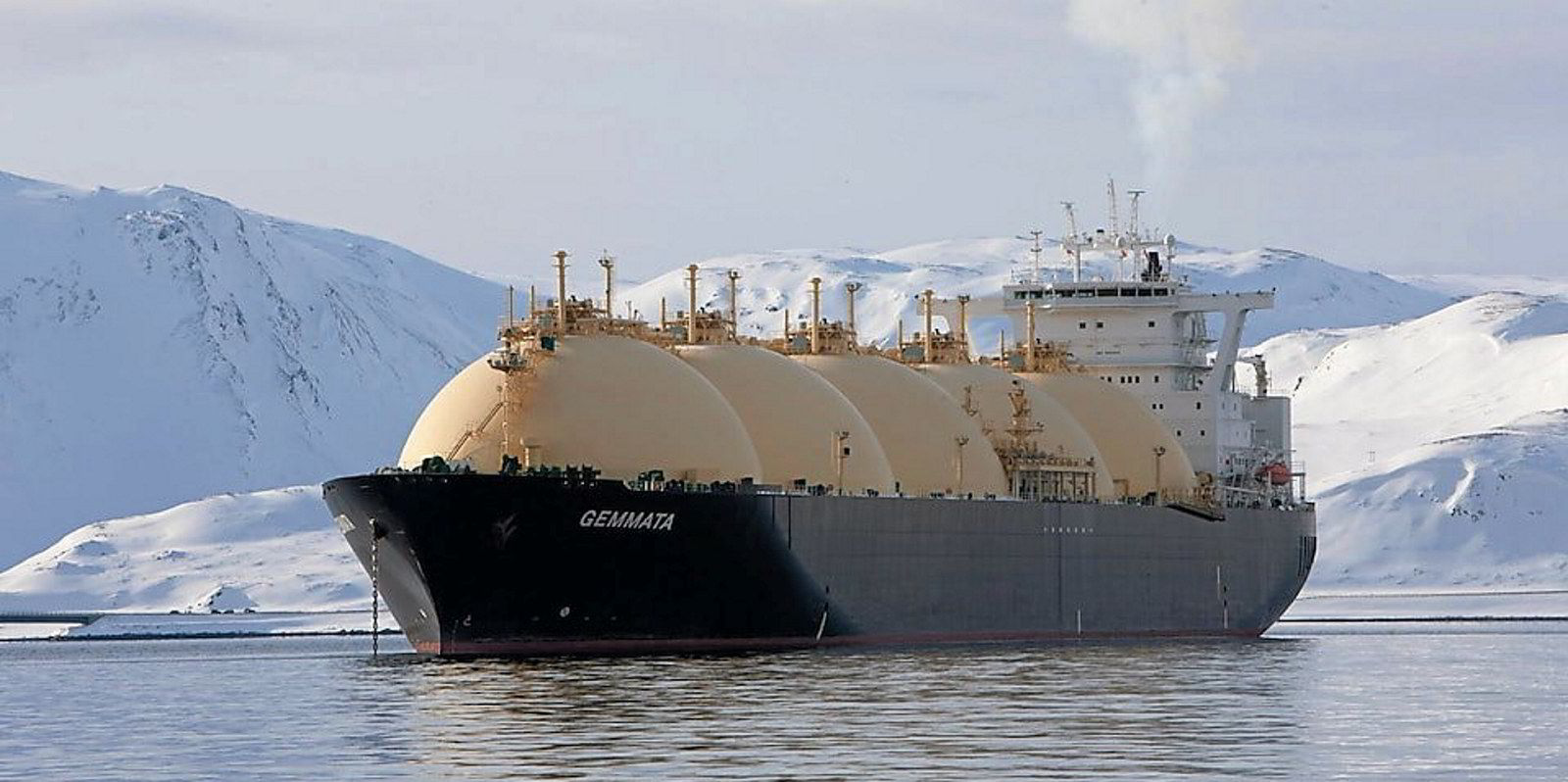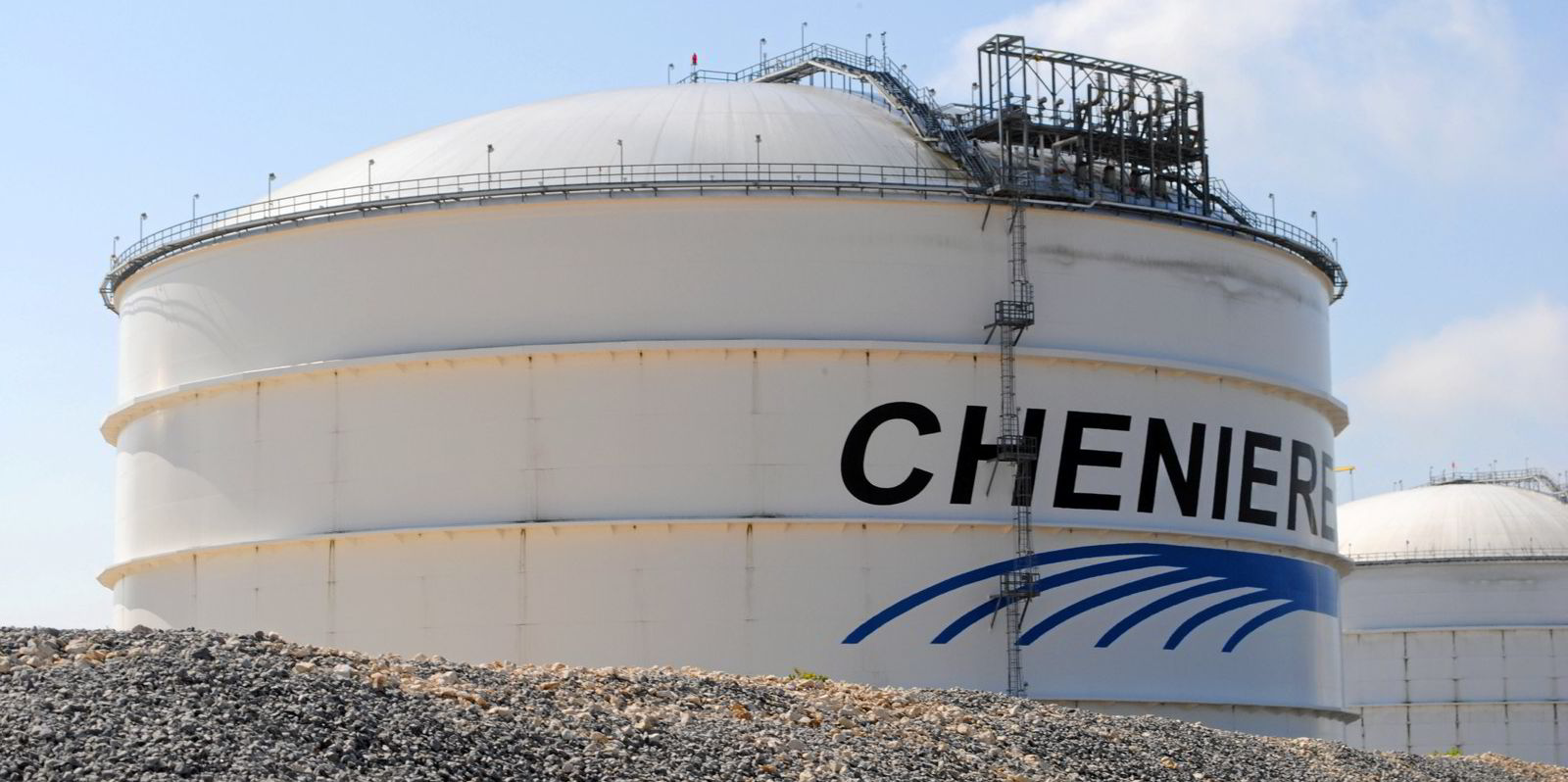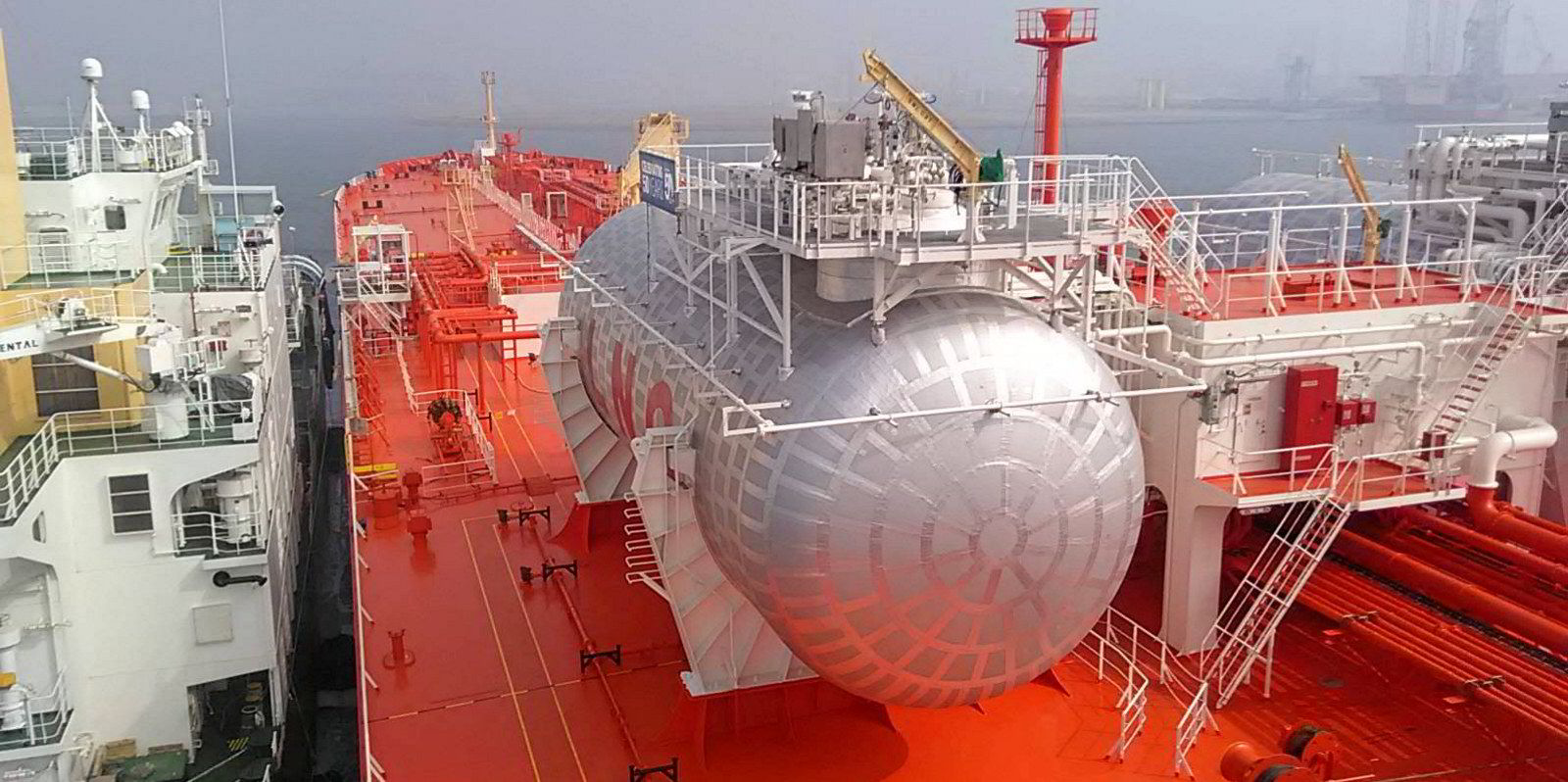The LNG industry should be more transparent and pursue common standards when using carbon credits to offset greenhouse gas emissions from the supply chain, the International Energy Agency (IEA) said.
Over the past few quarters, LNG buyers and sellers have been buying more carbon credits from verified renewable projects in their attempts to help combat climate change and mitigate future regulatory risks.
The IEA suggested they should develop standards in monitoring, reporting and verification (MRV) of the procedure of offsetting emissions and provide more information on their mechanism.
“LNG carbon offset mechanisms would benefit from greater transparency and a standardised MRV framework across the industry,” the OECD energy watchdog said in its latest quarterly gas market report.
The remarks have come as greenhouse gas emissions associated with LNG come under increased scrutiny from governments and market participants in recent years.
Emissions from the LNG supply chain had reach 125m tonnes of CO2 or equivalent by 2020 amid rapid expansion of gas trade globally, IEA figures showed.
Shipping typically accounts for 5% to 10% of total emissions, pending on the vessel’s propulsion system, boil-off rate, speed and distance travelled.
The IEA said more “stakeholders involved in LNG trading” are buying carbon credits these days to offset their emissions on an voluntary, ad-hoc basis.
“The scope of emissions typically covers all the segments of the value chain, including combustion [well-to-use], whilst a few cargoes have been delivered with partial emission offsets,” the IEA said.
“In more recent deals, emissions have been expressed in [CO2 equivalents], whilst others explicitly indicated the inclusion of methane emissions.”
At least 15 “carbon-neutral” LNG cargoes have been delivered since July 2019, including 12 to Asian buyers, according to IEA estimates.
Shell was the seller in five of those deals and buyer in three of them. All but two of those Shell-linked transactions involved carbon credits from the energy major’s project portfolio.
TradeWinds reported that energy firms including Gazprom, Cheniere Energy and Pavilion Energy had also transported LNG cargoes whose emissions were offset.
But the allocation of carbon-offsetting costs remains a debate among industry players, as each company often has its own preferred types of credits.






